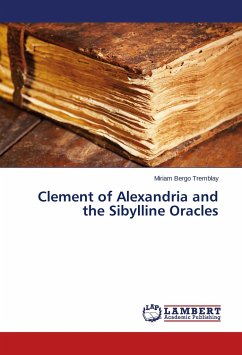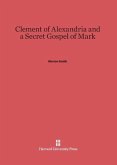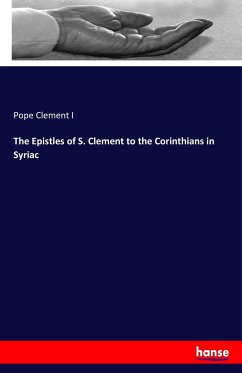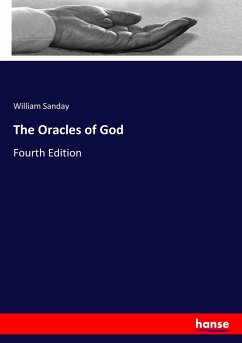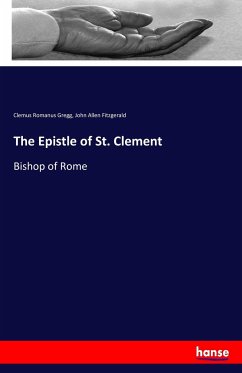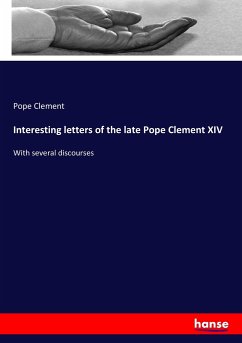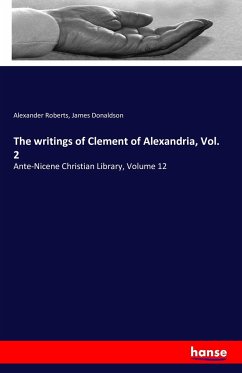Clement of Alexandria, recognized as the most Greek among early Christian writers, is one of the patristic authors who quotes the Sibylline Oracles the most. By appropriating the political and religious heritage of the Greco-Roman Sibylline prophecies, Clement was able to rely on the authority of the Sibyl in order to support his rhetoric of Christian precedence and superiority. Nevertheless, despite the prominent role that the Sibyl plays in Clement's work, the symbiosis between Clement and the Sibyl has been greatly exaggerated in scholarship. This study proposes a careful analysis of Clement's three-fold work - comprising the Protrepticus, Pedagogus and Stromateis - and examines how he incorporated the Sibylline Oracles in his rhetoric, and thus challenges the traditional view by demonstrating how the relationship between Clement and the Sibyl fluctuates throughout his works and is more complex than it has been previously assumed.
Bitte wählen Sie Ihr Anliegen aus.
Rechnungen
Retourenschein anfordern
Bestellstatus
Storno

